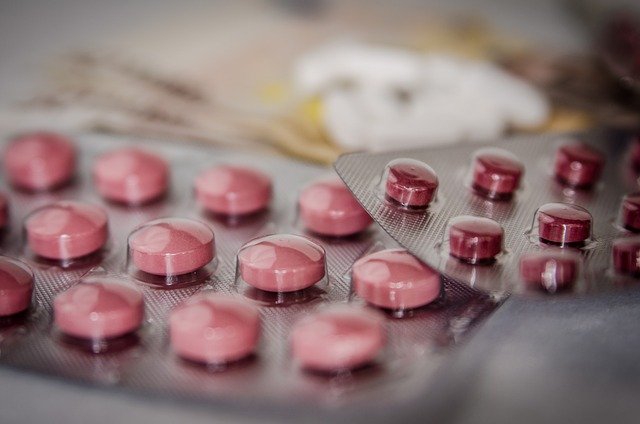Understanding Kidney Disease Treatment: Essential Steps to Protect Long-Term Kidney Function
Kidney disease often develops gradually, with few clear symptoms in the early stages — yet it can lead to serious health issues if left unmanaged. Treatment focuses not only on slowing the progression of damage but also on supporting the kidneys in their vital role of filtering waste and balancing fluids. From medications and diet adjustments to managing conditions like high blood pressure or diabetes, understanding your treatment options can make a lasting difference in preserving kidney health and overall well-being.

What Is Kidney Disease and How Does It Impact Body Function?
Kidney disease occurs when these vital organs become damaged and cannot effectively filter blood. This leads to waste buildup, fluid imbalances, and disrupted hormone production. The condition can affect multiple body systems, including blood pressure regulation, bone health, and red blood cell production. Progressive kidney damage may eventually lead to kidney failure if left untreated.
How Do Early Warning Signs Signal Kidney Problems?
Common symptoms of kidney disease include fatigue, changes in urination patterns, and swelling in the legs and ankles. Other warning signs may include persistent itching, muscle cramps, and sleep problems. These symptoms often appear gradually, making early detection challenging. Regular medical check-ups and blood tests can help identify kidney problems before they become severe.
Why Is Fluid Management Critical in Kidney Disease?
Monitoring fluid retention is essential in kidney disease management because compromised kidneys struggle to maintain proper fluid balance. Excess fluid can lead to swelling, breathing difficulties, and increased blood pressure. Healthcare providers often recommend tracking daily fluid intake, weighing regularly, and adjusting fluid consumption based on individual needs and symptoms.
What Treatment Options Help Slow Disease Progression?
Treatment strategies typically include:
-
Medications to control blood pressure and reduce protein in urine
-
Management of underlying conditions like diabetes
-
Regular monitoring of kidney function through blood and urine tests
-
Dietary modifications to reduce sodium, protein, and phosphorus intake
-
Lifestyle changes such as maintaining a healthy weight and exercising regularly
How Do Diet and Lifestyle Changes Support Treatment?
Dietary modifications play a crucial role in kidney disease management. A kidney-friendly diet typically involves:
-
Limiting sodium intake to help control blood pressure
-
Adjusting protein consumption based on kidney function
-
Controlling potassium and phosphorus levels
-
Maintaining appropriate fluid intake
-
Regular physical activity as approved by healthcare providers
What Specialized Care Options Are Available?
| Treatment Type | Provider Type | Key Features |
|---|---|---|
| Conservative Management | Primary Care Physician | Regular monitoring, medication management |
| Specialized Care | Nephrologist | Advanced treatment planning, disease management |
| Dialysis Services | Dialysis Centers | Blood filtering, fluid removal |
| Transplant Services | Transplant Centers | Evaluation, surgery, post-transplant care |
This article is for informational purposes only and should not be considered medical advice. Please consult a qualified healthcare professional for personalized guidance and treatment.
The success of kidney disease treatment depends largely on early intervention and consistent management. While there is no cure for chronic kidney disease, proper treatment can significantly slow its progression and help maintain quality of life. Working closely with healthcare providers to develop and follow an individualized treatment plan is essential for optimal outcomes.




